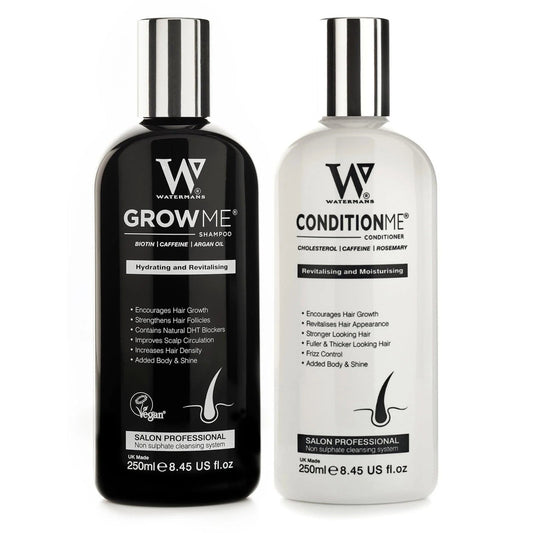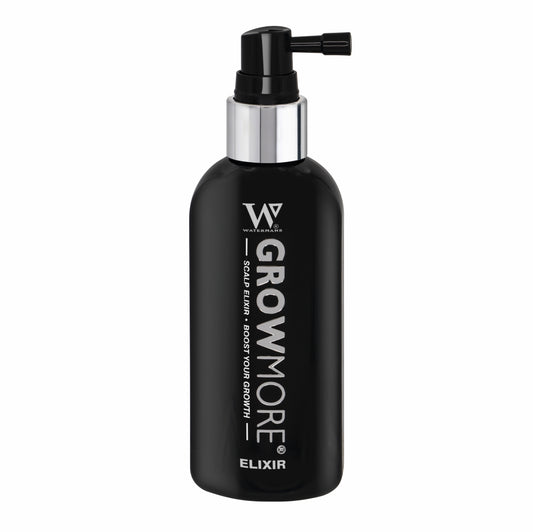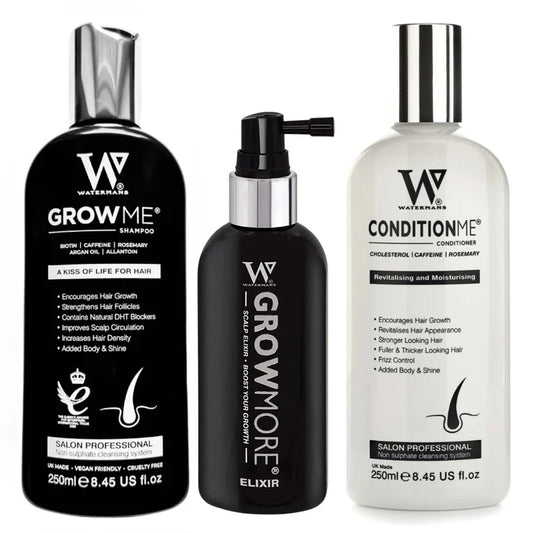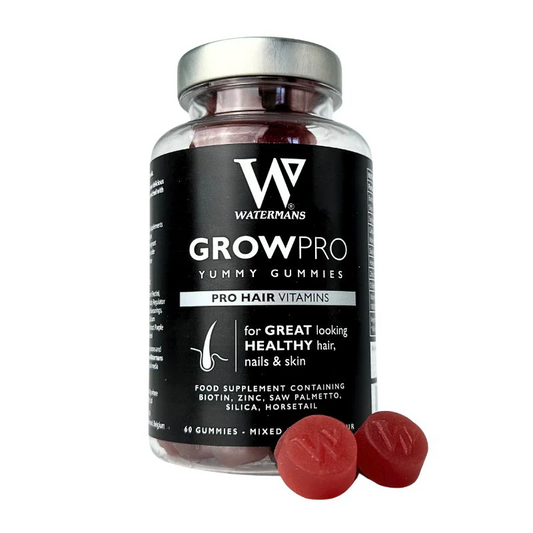Uncovering Vitamin B12 Deficiency: Signs, Causes, and Solutions for Optimal Health
Share

Vitamin B12 Deficiency: Signs, Causes, and Solutions for Optimal Health
Vitamin B12, also known as cobalamin, is a vital nutrient our bodies need to stay healthy. It plays a big role in keeping our nerves working well, making red blood cells, and helping us stay energized. When someone doesn’t get enough Vitamin B12, it can lead to a condition called Vitamin B12 deficiency. This can cause a lot of different problems, from feeling tired and weak to having issues with memory and hair loss. In this article, we will explore everything you need to know about Vitamin B12 deficiency — the signs, causes, and how to fix it to feel your best.
What Is Vitamin B12 Deficiency?
Vitamin B12 deficiency happens when your body doesn’t have enough of this important vitamin. Because Vitamin B12 helps your body make new red blood cells and keeps nerves healthy, not having enough of it can cause serious health issues. Deficiency can build up slowly over time, making symptoms hard to notice at first.
Why Is Vitamin B12 Important for Hair Health?
You might be wondering, how is Vitamin B12 linked to hair loss and hair growth? Well, Vitamin B12 is essential for healthy hair follicle function. Hair follicles, the small pockets from which your hair grows, require good blood circulation and nutrients to grow strong hair. Since B12 supports red blood cell production, it helps carry oxygen and nutrients to your hair follicles. Without enough Vitamin B12, the hair follicles don’t get the nutrients they need and can enter a resting phase that causes the hair to fall out or become thinner.
If you notice unexplained hair thinning or hair loss, Vitamin B12 deficiency might be one of the causes to consider.
Common Signs of Vitamin B12 Deficiency
Vitamin B12 deficiency can affect people differently, but here are some common signs to watch out for:
- Fatigue and Weakness: Feeling exhausted even after rest.
- Pale or Jaundiced Skin: Skin may look sometimes pale or slightly yellow.
- Tingling and Numbness: Especially in hands and feet (called neuropathy).
- Difficulty Walking: Balance problems or a feeling of weakness in the legs.
- Cognitive Problems: Memory loss, difficulty thinking, or confusion.
- Mood Changes: Feeling sad, irritable, or depressed.
- Sore Mouth or Tongue: A red, swollen, or inflamed tongue.
- Hair Loss: Thinning hair or noticeable hair shedding.
- Shortness of Breath and Dizziness: Especially when moving around.
- Vision Problems: Blurred or double vision from nerve damage.
If you experience several of these symptoms, a visit to your healthcare provider is recommended for testing.
What Causes Vitamin B12 Deficiency?
There are many things that can cause this deficiency, including:
1. Poor Dietary Intake
Vitamin B12 naturally comes from animal products like meat, eggs, fish, and dairy. If someone follows a strict vegan or vegetarian diet without supplements, they may not get enough B12. ### 2. Absorption Problems
Even if someone eats enough B12, their body might not absorb it properly due to:
- Pernicious Anemia: An immune condition affecting the stomach cells that produce intrinsic factor, a protein needed to absorb B12.
- Stomach or Intestinal Issues: Such as celiac disease, Crohn’s disease, or gastric surgery that interfere with absorption.
- Aging: Older adults often have reduced stomach acid, necessary for extracting B12 from food.
3. Medications
Certain drugs like metformin (for diabetes) and proton pump inhibitors (used for acid reflux) can reduce B12 absorption over time.
How to Test for Vitamin B12 Deficiency
If your doctor suspects a B12 deficiency, they can confirm it with simple blood tests that check:
- Serum Vitamin B12 Levels: Measures the amount of B12 in the blood.
- Methylmalonic Acid (MMA) Test: High MMA can indicate B12 deficiency.
- Homocysteine Levels: Elevated levels may also suggest deficiency.
- Complete Blood Count (CBC): Looks for anemia and large red blood cells, a sign of deficiency.
Solutions and Treatments for Vitamin B12 Deficiency
The good news is that Vitamin B12 deficiency can be treated effectively once diagnosed. Treatment depends on the cause and severity.
Dietary Changes
If low intake is the problem, adding B12-rich foods can help:
- Meat (beef, pork, chicken)
- Fish and shellfish
- Eggs
- Dairy products like milk, cheese, and yogurt
If you’re vegan or vegetarian, fortified cereals, plant milks, and nutritional yeast with added B12 can help.
Supplements
Over-the-counter Vitamin B12 supplements in pill form are widely available. They are usually safe and effective for mild deficiency or to maintain levels.
Injections
For people with absorption issues or severe deficiency, doctors may prescribe B12 injections. These go directly into the muscle or under the skin and bypass the gut.
Natural Ways to Support Hair Growth Alongside B12 Treatment
While correcting your Vitamin B12 deficiency is essential, supporting hair health naturally can boost your results. Products like Watermans Grow Me Shampoo are excellent because they contain natural ingredients such as Biotin, Rosemary, Caffeine, Niacinamide, Argan Oil, Allantoin, and Lupin Protein to energize the scalp and volumize hair from the roots.
Here’s why you might consider it:
- Biotin: Supports keratin, the protein structure of hair.
- Caffeine: Stimulates blood flow to hair follicles.
- Niacinamide: Improves scalp health.
- Argan Oil: Nourishes and strengthens hair strands.
- Lupin Protein: Helps rebuild hair structure and resilience.
Using Watermans Grow Me Shampoo regularly can complement your Vitamin B12 treatment, promoting stronger, healthier hair growth naturally.
How to Prevent Vitamin B12 Deficiency
Even if you don’t have symptoms now, prevention is key:
- Eat a balanced diet with animal-based or fortified foods.
- Take B12 supplements if you have dietary restrictions.
- Get tested if you have risk factors or symptoms.
- Be aware of medication side effects.
- Older adults should consider routine checks as absorption declines with age.
Frequently Asked Questions About Vitamin B12 Deficiency
Q1: Can Vitamin B12 deficiency cause hair loss?
Yes, B12 deficiency can reduce oxygen and nutrient delivery to hair follicles, leading to hair thinning and shedding.
Q2: How long does it take to recover from Vitamin B12 deficiency?
Recovery time depends on severity; blood levels may improve in weeks, but nerve damage or hair regrowth can take months.
Q3: Is Vitamin B12 deficiency common?
It’s quite common, especially among vegans, older adults, and those with absorption problems.
Q4: Can Vitamin B12 deficiency cause fatigue only?
Fatigue is one of the most common early symptoms but it often comes with other signs.
Q5: Can I get enough B12 from plant-based foods?
Natural plant foods don’t contain active Vitamin B12, so vegans need fortified foods or supplements.
Q6: Do I need a prescription to buy B12 supplements?
Most B12 supplements are available over the counter, but injections require a doctor’s prescription.
Q7: Can Vitamin B12 deficiency cause memory problems?
Yes, B12 deficiency can affect the nervous system leading to memory loss or confusion.
Q8: Will taking more Vitamin B12 than needed help speed up hair growth?
Taking excessive B12 won’t necessarily speed up hair growth; it’s best to maintain adequate levels.
Q9: How does B12 deficiency lead to anemia?
B12 is essential for red blood cell production. Without it, your body produces fewer, larger, and less effective red blood cells.
Q10: Can stress cause Vitamin B12 deficiency?
Stress doesn’t directly cause deficiency but can affect diet and absorption indirectly.
Did You Know? – Vitamin B12 Facts
- Did you know that Vitamin B12 is the only vitamin that contains a metal? It has cobalt at its center.
- Did you know seaweed and fermented foods marketed as B12 sources often contain inactive forms that humans can’t use?
- Did you know your body stores several years’ worth of Vitamin B12 in the liver before deficiency symptoms appear?
- Did you know that some people with Vitamin B12 deficiency feel numbness or tingling before any hair loss starts?
- Did you know taking supplements like Watermans Grow Me Shampoo can naturally help hair grow stronger while you treat nutritional deficiencies?
If you are experiencing hair loss alongside other signs of Vitamin B12 deficiency, consider trying Watermans Grow Me Shampoo as a natural, non-medical solution to support your hair growth journey. While working on correcting your Vitamin B12 levels with your healthcare provider, Watermans shampoo’s blend of natural energizing ingredients can help volumize hair from the roots and keep your scalp healthy.
Start your path to optimal health and healthy hair today!



